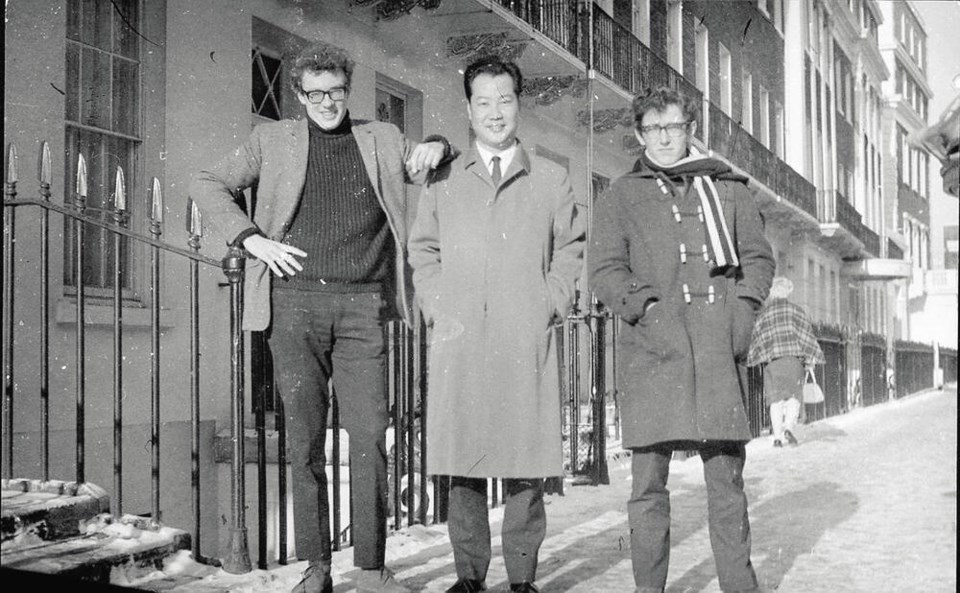The end of the year is always a time for reflection, but more so this past year, which has been significant for me in four key ways. First and foremost, I turned 75. That’s three-quarters of a century, and that’s given me pause for thought — I really am getting old! — as well as gratitude and celebration for having made it this far in fairly good health. Another very personal significant anniversary in 2023 was the celebration of 50 years of happy marriage, the bedrock of my existence.
I was born in October 1948, just a few months after the UK’s National Health Service (NHS) came into being and in the same year that the World Health Organization (WHO) was established. Both have shaped my life in important ways.
Let’s start with the creation of the NHS. I have lived all my life in the era of universal health care, which has been a vast boon. Growing up, my family did not have to worry about whether we could afford health care. Unlike the USA, nobody was going bankrupt because of the cost of health care.
The benefits of universal health care became much more apparent to me as I went through medical school in London in the late 1960s and early 1970s. Indeed, another significant anniversary for me in 2023 is that it marks 50 years since I graduated from St. Bartholomew’s Hospital (Bart’s).
Bart’s itself just celebrated a significant milestone: 2023 was the 900th anniversary of its founding in 1123. As you might imagine, with such an immense and weighty history, it was a very traditional place. Looking back, one of the key values I absorbed was that medicine is a vocation and a service; I don’t recall any discussion of the business of medicine.
Another key lesson I learned was from a professor of medicine who taught us that “the secret of medicine is masterly inactivity” and that the reason we went to medical school for six years was “to learn when to stop doing nothing.” Medicine was in many ways seen as an art, with scientific underpinnings.
So coming to Canada in 1975 was a bit of a shock. Universal health care across Canada had only been achieved in 1971 and was still new. I found myself in family practice in rural New Brunswick, in a fee-for-service system, having to see medicine as a business. I didn’t like it. I soon concluded that fee-for–service is a bad way to practice medicine, as it encourages seeing lots of people quickly and intervening often, since that is the most economically beneficial way to practice.
Within a couple of years, I had moved to Toronto, where I became a salaried family physician working in a multi-disciplinary community health centre; we were two physicians working with a nurse practitioner, a health profession not generally welcomed by the medical establishment at the time; they were seen as professional and economic threats, as were midwives, another group I strongly support. However, I am happy to say, opinions in the profession seem to have shifted over time, with less support for fee-for service and more acceptance of midwives and nurse practitioners.
The other big 75th anniversary was the establishment of the WHO. I became involved with WHO in 1986, when work I was doing as a public health physican in Toronto on the concepts of Healthy Cities and ‘healthy public policy’ (the creation of health-enhancing policies in non-health sectors) were taken up by the WHO as key elements of the emerging field of health promotion. By then, I had graduated from the field of medicine to the field of health.
As with my medical school, the ethos of WHO is one of service to humanity. I embraced its definition of health as “a state of complete physical, mental and social wellbeing” and its goal of ‘Health for All’. The pursuit of health for all is a noble one, and I am glad to have been able to contribute in a variety of small ways to that goal. It’s been a good way to lead my life thus far, and as I hope my columns show, I have not finished yet.
Dr. Trevor Hancock is a retired professor and senior scholar at the
University of Victoria’s School of Public Health and Social Policy



